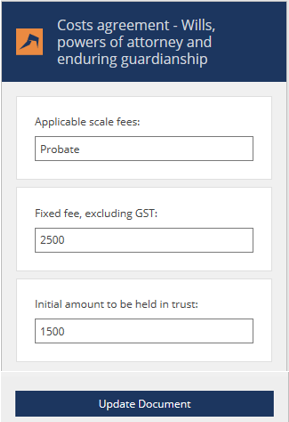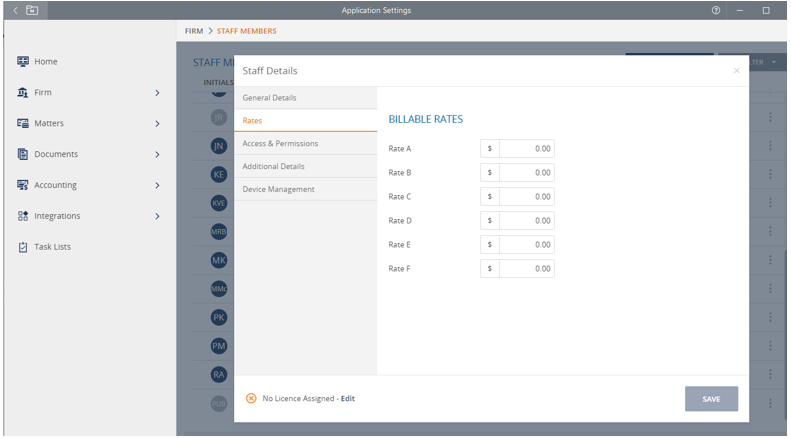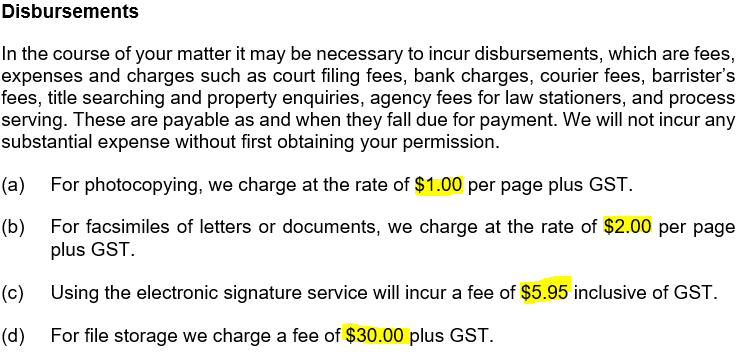1 July updates are a big focus for By Lawyers. This is because many Commonwealth and state legislative instruments provide for the scheduled indexing of relevant monetary amounts and for adjustments – usually increases – in government fees and charges. Those regular updates occur every year and have an impact on many different areas of law and therefore on numerous By Lawyers publications.
These updates can include court filing fees, lodgement fees for property dealings, land tax thresholds, minimum weekly compensation amounts for Workers Compensation, and penalty units for fines for various criminal offences and civil penalty provisions.
By Lawyers always monitor and action these changes for our subscribers. Each year we ensure that our publications are amended where necessary to reflect 1 July updates.
We also monitor and update for similar legislative indexing and increases which occur regularly at other times of the year. These include 1 January changes and also other specific dates for various areas of law as prescribed by some statutes.
The 1 July updates have been applied this year, or are in the process of being applied as they get released, to the following By Lawyers publications:
- Conveyancing and Property;
- Business and Franchise;
- Criminal;
- Litigation;
- Estates;
- Injuries; and
- Employment.
Quite separately, there is also usually a raft of new and amending legislation, from both Commonwealth and state parliaments, which is set to commence on 1 July. This year is no different in that regard. By Lawyers have made various substantive amendments to a number of publications to account for the commencement of such legislation. Please see the various other Obiter posts dealing with those updates.
By Lawyers always keep our content – and our subscribers – up to date!












